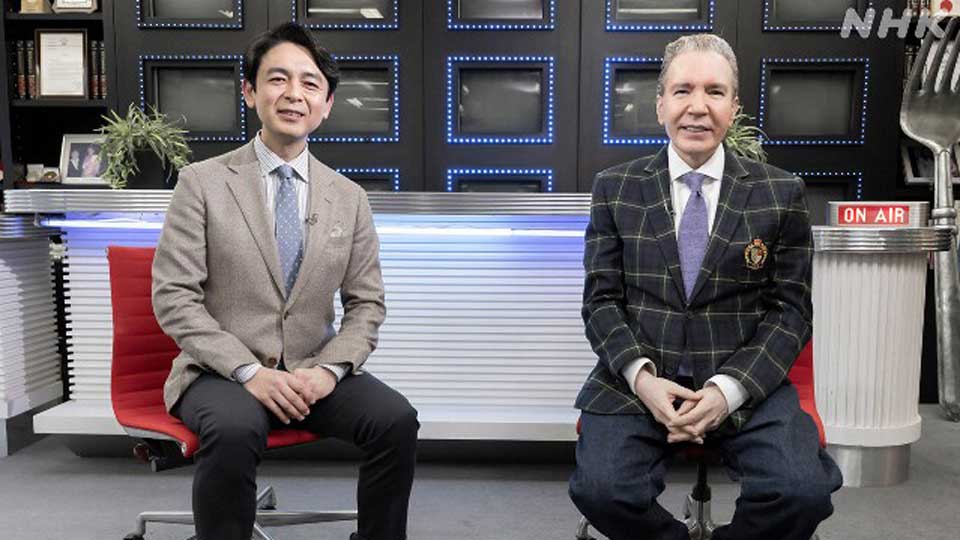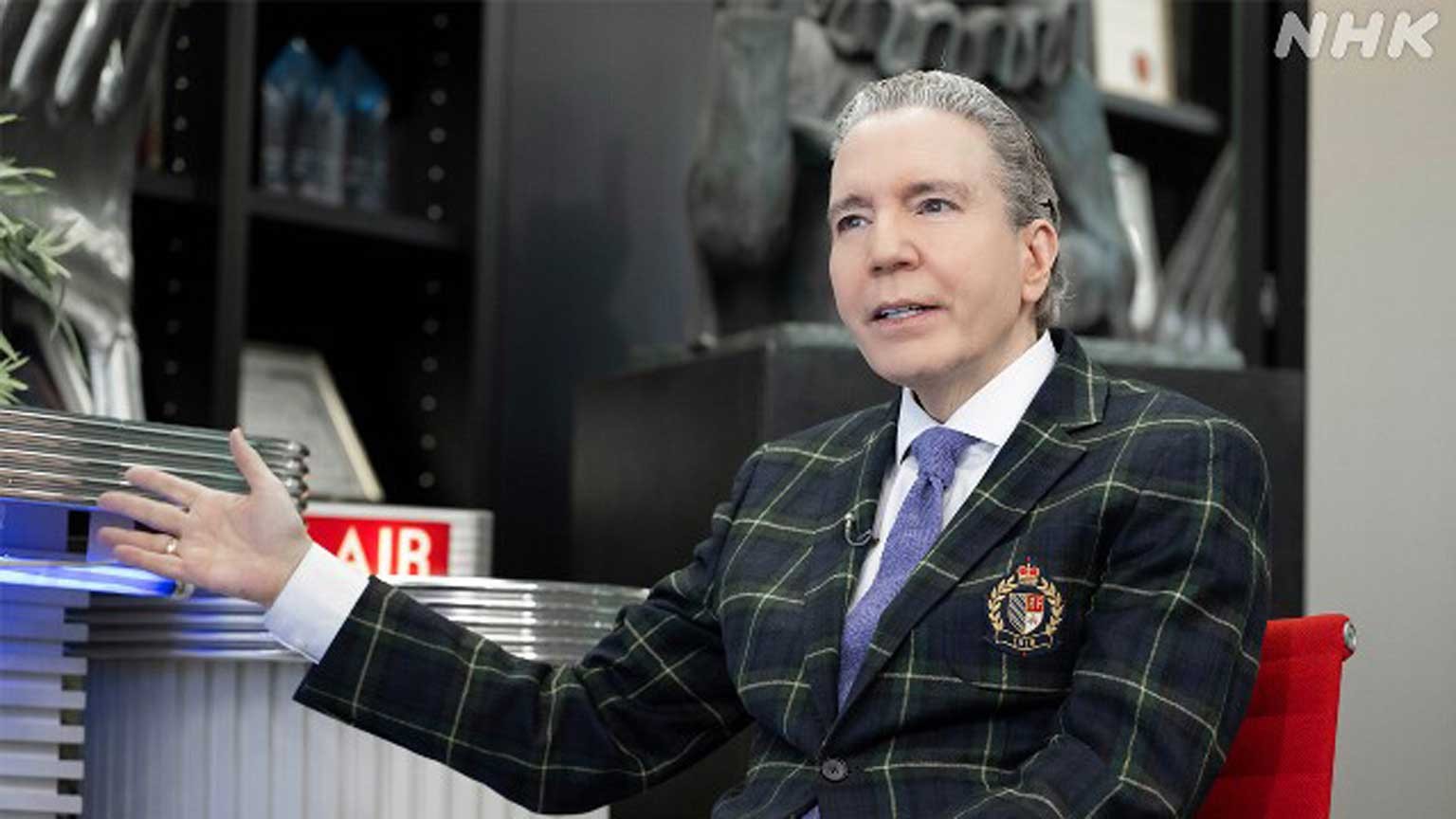The personality offers unique insights from a foreign perspective and delivers one-liners in fluent Japanese that endear him to audiences. During an interview with NHK's Yamada Kenji, Spector reflects on a career in the spotlight.
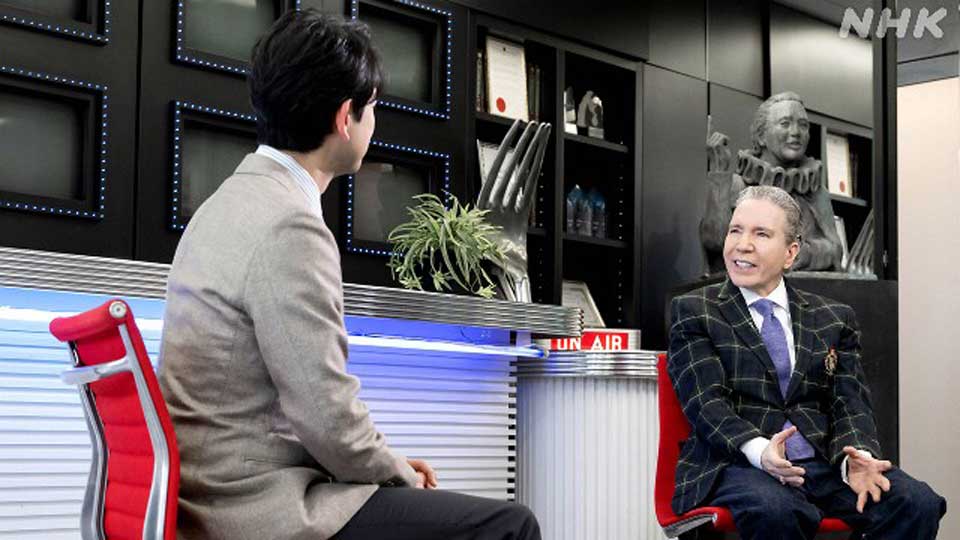
Yamada: You convey your thoughts in a very straightforward manner. How has your approach evolved over the 40 years you've been on television?
Spector: Recently, I've become more cautious about what I say so it doesn't blow up on social media or hurt someone. For example, if I'm asked for my opinion about the latest political scandal in Japan, I will never say something like "All politicians are useless." I will always keep in mind that there are hardworking ones as well.
Yamada: So you try not to make judgments or assumptions?
Spector: That's right. You never know who's listening and watching as television is so widely accessible. Comments made on media do have influence. But at the same time, I try not to be too afraid because not everybody can agree on a topic. My job as a commentator is to be informative and offer a fresh perspective. Sometimes it's important to push the boundaries.
An avid 'otaku'
Chicago-born Spector immersed himself in Japanese culture ― from manga to novels ― as an elementary school student. After high school, he studied at Sophia University in Tokyo as an exchange student for a year. It was an eye-opening experience that fueled his passion.
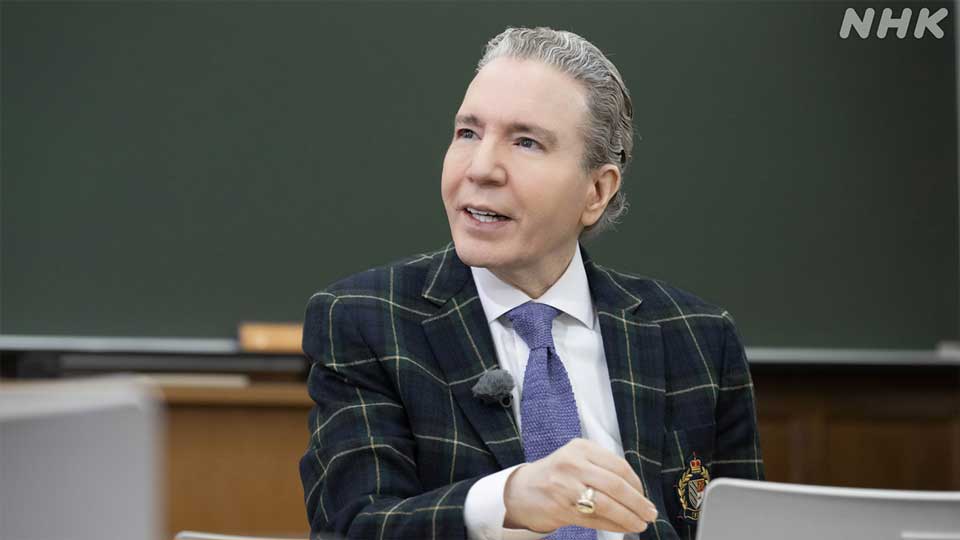
Spector: To be honest, academics was never a priority for me. I just wanted to get a first-hand experience of life in Japan. Nowadays, people can have ample background knowledge before they arrive by watching videos and following social media. There was no such thing in the 1970s! In that sense, every experience I had was new and original to me. For example, when I first saw someone walking in a kimono, I thought they were still everyday clothes. Also, I was excited to see a sumo tournament live on TV.
Yamada: That's an experience unique to Japan.
Spector: Back then, there weren't as many Japanese otakus (people with a keen interest and wide knowledge of a particular hobby) as today. My family and friends in the States were wondering why I was into Japan so much, but I didn't care what others thought. I'm glad I followed my heart. After I went back to the US and landed a job as a producer on the ABC network, I tried not to think too much about the memories from Japan, because it would make me want to go back. But in the end, I couldn't resist and often visited Little Tokyo in Los Angeles.
Spector's ongoing interest took an unexpected turn. During the early 1980s he took a business trip to Japan. International personalities were popular on Japanese television shows, and seeing this, Spector applied for a spot on a national talk show. As a self-described otaku, he immediately drew people in with his broad knowledge and nuanced jokes.
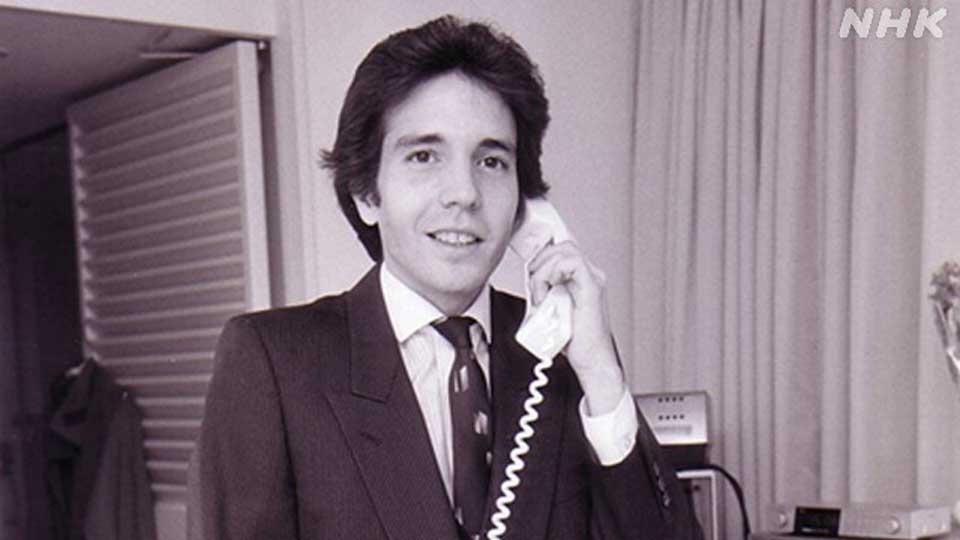
Spector: At first, I felt the pressure of not getting invited to the show again if I couldn't share something more interesting than the other foreign guests. I often made jokes about Japanese culture from an outsider's perspective. But now, I don't really see myself as a complete foreigner. As a permanent resident of Japan, I have the same concerns in daily life as Japanese people. Even though I don't have the right to vote, I pay taxes. There's no reason I can't discuss politics.
Yamada: Setting your nationality aside, do you see yourself as an American or Japanese?
Spector: I think both. I do enjoy Western entertainment, but I have adapted into Japanese society.
A deep connection
A pivotal point for Spector's connection with Japan was the Great East Japan Earthquake and Tsunami in 2011. The resulting nuclear accident in Fukushima led many foreigners to evacuate from Japan, but Spector made a decision to stay and do what he could to help. He reported constantly on foreign media to tackle disinformation and misrepresentation. At the same time, he carried on posting his iconic jokes on social media to cheer people up.
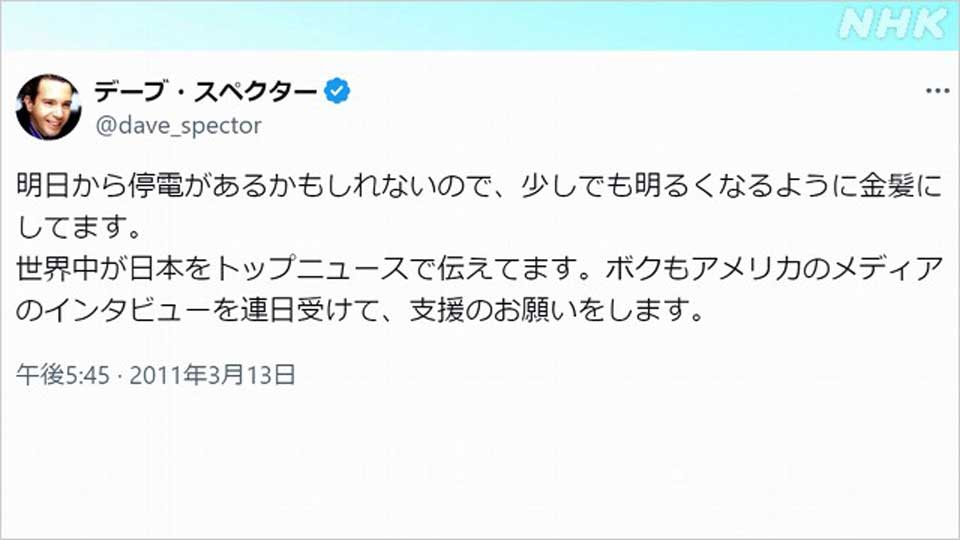
Spector: I saw the situation as like 9/11 in America. Then, there was a big debate about when it was okay to put comedy back on television. When I visited one of the hardest hit areas in Tohoku, I was surprised to see many children smiling and laughing at a fast-food restaurant. I realized that people didn't want to be pitied: they wanted to feel positive and move on somehow. So, I decided to continue posting jokes to give people a chance to smile and laugh even during the hard times. I might have pushed it a bit, but I thought it was important.
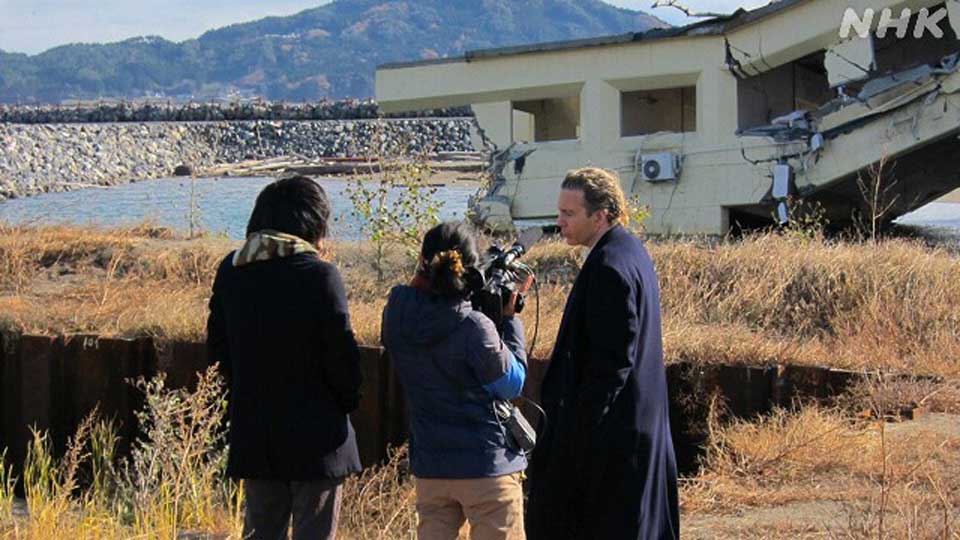
Gratitude and pride
Today, Spector has almost two million followers on his X (formerly Twitter) account. His one-liners give people a moment to giggle ― or groan.
Spector: I try not to make obvious puns. I want to be original, so I have strict standards for myself. I don't want to make people feel like they wasted their time.
Yamada: How do you see your role in the industry?
Spector: I want people to have a sense of anticipation when they see me and look forward to hearing something interesting and original. I believe viewers are my long-time friends. Appearing on television is like entering someone's living room, or chanoma. I'm very grateful and proud of myself for being able to survive in the industry as a "foreign otaku."
Yamada: It's not too much to say that everyone in Japan knows you.
Spector: Well, except for babies.
